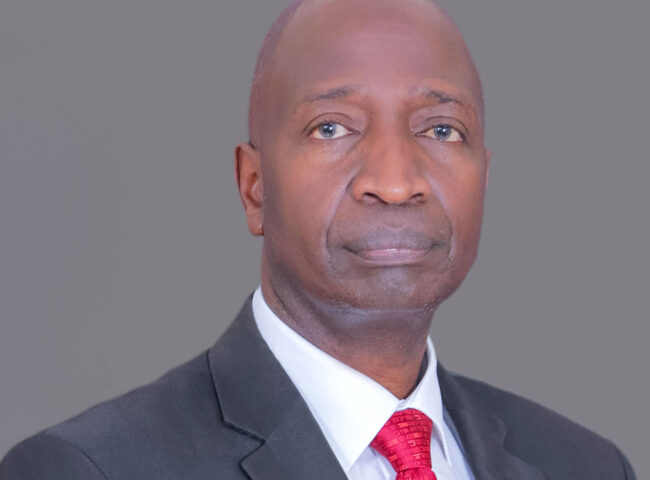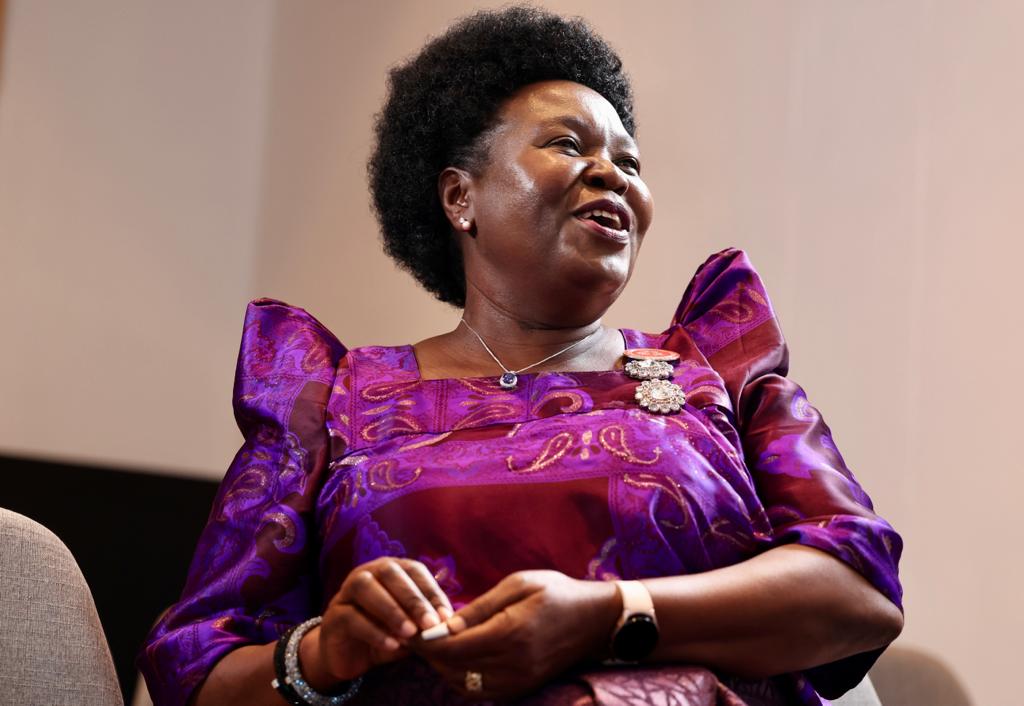It bears commenting here that Uganda has taken a step forward, once again, to restore its interest to have a domestic refinery in place as part of the overall plan to maximize the benefits of the Oil and Gas Sector.
The new players are a UAE-led consortium associated with His Highness Sheikh Mohammed bin Maktoum bin Juma Al Maktoum, a member of the Dubai Royal Family. The firm known as Alpha MBM is an investment vehicle, part of the MBM family of investments listed also as private interest of the Royal Family. Alpha MBM is in consortium for the refinery project with two companies with extensive Oil and Gas experience. They are SKA Energy, a sub-division of the SKA International Group, an Iraq-based operator. SKA’s business is in construction, fuel supply and logistics as well as refining and petrochemicals. While Alpha MBM will be the primary source of investment capital it is SKA’s construction and oil marketing experience that will form the commercial block of the consortium. Lastly is SPEC energy, a fairly well-known Oil and Gas integrated firm with a presence in the Middle East.

SPEC for the Uganda refinery project is presenting its operated refinery projects at four locations (Slemani, Iraq, Al Barham in Kirkuk, San Company Refinery in Rajaf and Kyber Refinery in Pakistan as well as other projects).
Presently the refinery consortium is in expedited negotiations with the Government of Uganda. The negotiations are time-sensitive because crude production is set to begin next year and project work on the East African Crude Oil Pipeline is further ahead. The EACOP company is finalizing its financing with its primary lenders which is expected to be concluded by May 2024.
The Uganda National Oil Company (UNOC) and the Ministry of Energy intend to bring the refinery agreements firmly into place around the same time. To this end the senior agreements for the refinery, namely an Implementation Agreement and a Crude Supply Agreement are being negotiated. This is a departure from the previous project-based approach where the government provided a Framework Agreement notably in 2018 to the Albertine Graben Rift Valley Consortium which lapsed last year. It is understood that the new partners have made commitments to the financing of the refinery allowing the negotiations to focus on technical and commercial aspects.
In event the negotiations progress swiftly UNOC, and the Consortium will form a joint interest company (a name has not been agreed upon) to move to the next stage. In this company UNOC will retain a 40% ownership while the consortium of Alpha MBM, SKA and SPEC will take 60% according to the present proposals.
Uganda has leaned on a side of a domestic refinery consistently since the discovery of commercial quantities of crude in 2006. A government study undertaken by Foster-Wheeler (FW) Energy in 2010 prioritized a refinery as presenting more commercial and economic benefits than a Crude Oil pipeline by comparing both options. Also known as the Uganda Refinery Study, Foster-Wheeler concluded that “the construction of the refinery appears attractive provided the refinery capacity is matched to the East African demand (for petroleum products) and that crude oil supply be available at around 60,000 barrels per day. In many ways this report has now come full circle.
Some aspects of FW including the refinery configurations may be modified. Since the study UNOC has upgraded its refinery configurations to a higher standard requiring more investment and it remains to be seen what the consortium will produce given the tight time frames involved. A silver lining here is that prior to exiting its agreement the previous consortium AGRC had completed a Front-End Engineering Design for the kind of refinery that Uganda wanted. The question remains if this design (it may be the property of AGRC still) will be migrated to the new project or a modular version adapted. Either path has cost implications since government planners would like to keep these down (to around US 3.2 billion).
Under the Tariff and Transportation Agreement (TTA) entered into by the East African Crude Oil Pipeline Company (EACOP) where UNOC holds government interest is a stipulation otherwise known as a Domestic Market Obligation that requires EACOP to provide crude to the refinery for purposes of serving the domestic (EAC) market that guarantees oil to the project.
During COP28 negotiations in Dubai, Uganda launched its Energy Transition Plan (ETP) which carried current figures on the growing demand for petroleum products in the country. They show demand (all petroleum products are imported) has trebled since Foster-Wheeler finalized its report. The ETP looks at this import replacement as a source of funds for the government but also as security of supply to guard against shocks to global supply such as was experienced with COVID19 and the subsequent geopolitical crisis in Europe and now the Middle East.
The choice of a UAE based consortium too is interesting and a subject for another day.
Suffice to say that oil being a geo-political mineral (now joined by critical minerals such as cobalt and other rare earth minerals) presents its unique problems during times of global disturbance. Uganda’s oil sector is designed to do global balancing welcoming International Oil Companies (IOCs) and oil services firms from around the world often representing competing interests from their countries of origin. Following the initial dispute between Heritage Oil and Gas and Tullow Oil, the wild cat companies that transacted on the initial discoveries, government officials and especially President Yoweri Museveni learned, not surprisingly, that “independent” oil firms are also avatars of the interests of their home countries.
These companies are also eager to leverage these ties when their commercial interests are affected. Subsequently today Uganda hosts European, Chinese, and now UAE interests which bring a diversity of such pressures to offset the pressure that African producers (and other producers around the world) face when mineral sectors become the scene of geo-political tension.
As these negotiations mature, and as I have previously written, 2024 is the pivotal year for the oil and gas sector. ENDS










